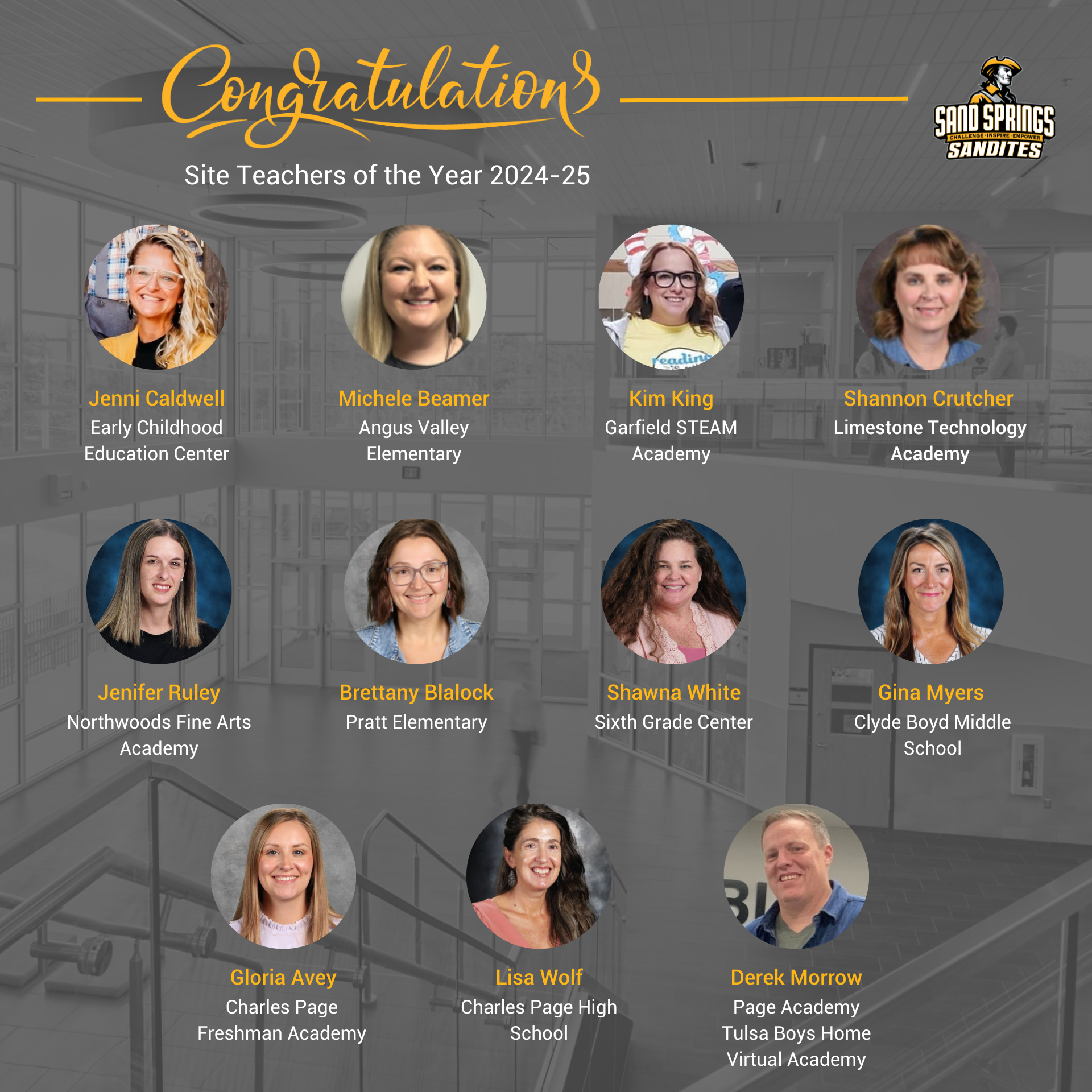Senate passes revenue package to fund teacher pay raises, Fallin pledges to sign bills
/OKLAHOMA CITY - The Oklahoma Senate on Wednesday passed a historic revenue package to fund a $6,100, or 16 percent, pay raise on average for Oklahoma teachers. That increase moves Oklahoma from seventh to second highest in the region in average teacher pay and is the largest teacher pay raise in the history of the state.
“The Oklahoma Senate took a historic step that will have positive and long-lasting impacts on the success of our state," said Senate Pro Tem Mike Schulz, R-Altus. "One of the most important factors in the success of our students is a quality, professional teacher in the classroom. Passing the largest teacher pay raise in state history moves us to No. 2 in the region in average teacher pay and will help Oklahoma retain quality teachers. It’s a significant investment in economic development because an educated workforce is essential to growing and expanding our economy. For more than 15 months, the Senate has worked tirelessly to fund a significant teacher pay raise. This is a responsible plan that answers Oklahomans’ call for the Legislature to find a solution to teacher pay. I want to thank my colleagues in the Senate for their dedication to finding a solution and seeing a teacher pay raise come to fruition.”
HB 1010xx provides $447 million in revenue by increasing the gross production to 5 percent on all wells, increasing the cigarette tax $1 per pack, and increasing the gas tax 3 cents and the diesel tax 6 cents.
The Senate also advanced HB 1011xx, which provides an additional $84.3 million for teacher pay by making changes to the state income tax code.
Governor Mary Fallin issued the following statement:
“This is an historic evening for the state of Oklahoma. I applaud the bipartisanship shown in the Senate tonight and in the House of Representatives earlier this week by passing House Bill 1010XX. Those voting yes answered the call from the public by voting teachers a pay raise and putting the state on a solid foundation for the future. I will follow through on their courage and action by signing House Bill 1010XX. I appreciate our lawmakers putting people over politics by approving this package of revenue measures to fund teacher pay raises as well as provide additional money for the classroom. This budget package also helps set us on a path to long-term sustainability and stability by making more recurring revenue available and helps us to stop balancing our budget with one-time funds.”
State Superintendent of Public Education Joy Hofmeister commended the bipartisan legislation, but noted there's more work to be done. "While this legislation is far from all that needs to be done to reverse years of education funding cuts, it is a tremendous step forward. There is no one more important than the teacher in classroom instruction, and House Bill 1010-XX will be critical in retaining and recruiting teachers. This vote is a bright light for public education in Oklahoma.”
“This is progress, but it should not be a one-time deal," said Senate Democratic Leader John Sparks. "Moving forward, we need to make sure that Oklahoma invests in education. This means we need sustainable revenues that will allow us to restore funding for our classrooms which has been cut for over a decade.
“We’re giving teachers a much deserved raise now, but we need to continue to improve teacher salaries in Oklahoma in coming years. We also need to continue working to provide much needed salary increases to school support personnel and state employees.
“The job is not done. We will continue working tomorrow and for the remainder of the legislative session to properly fund education in Oklahoma.”






